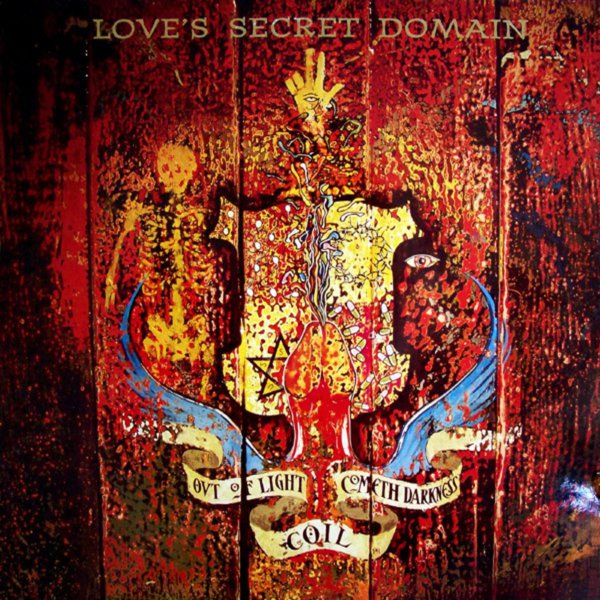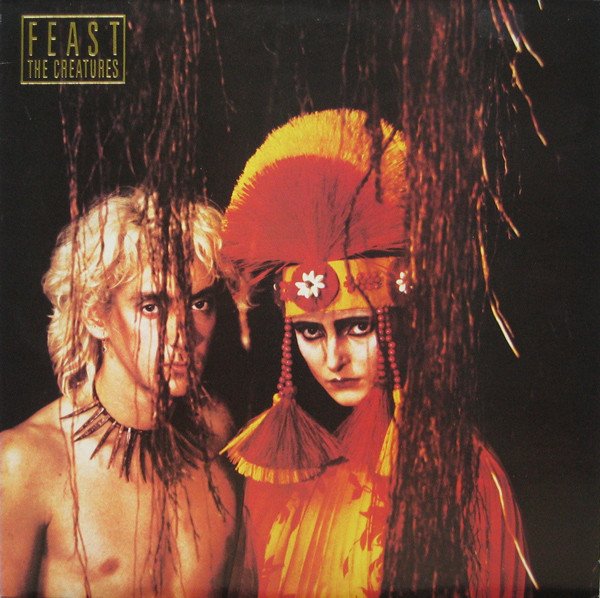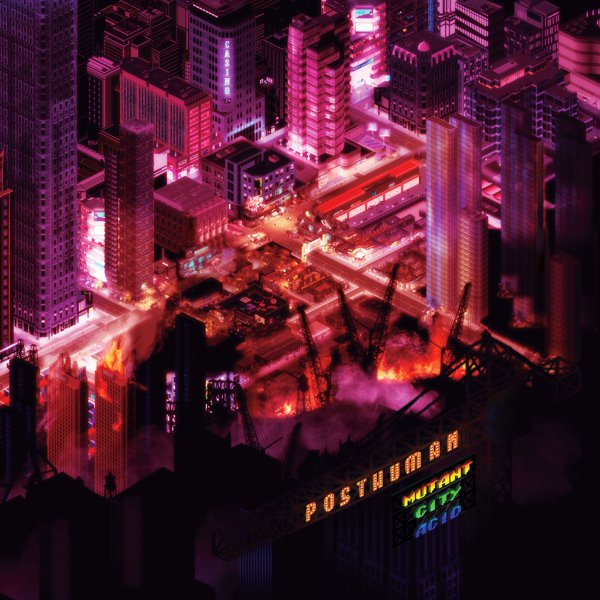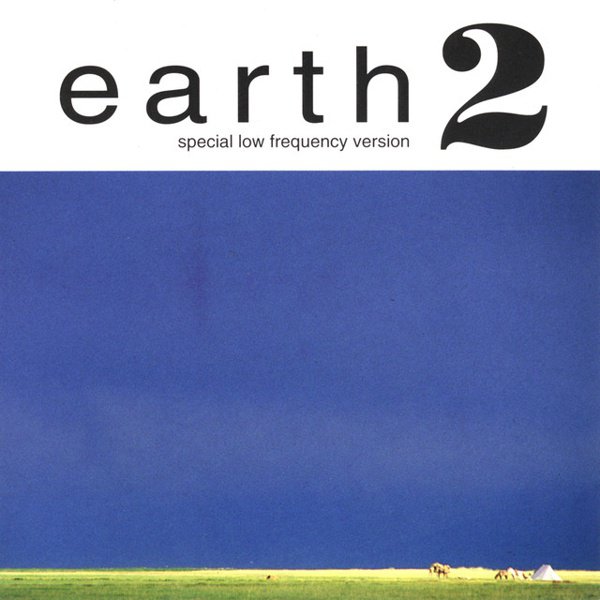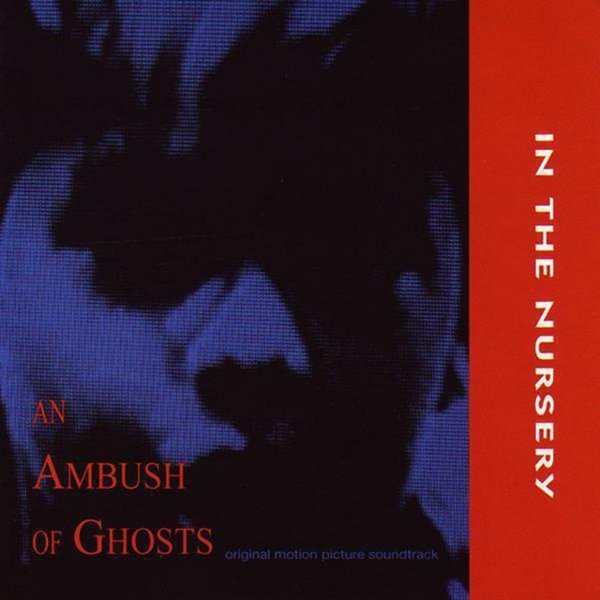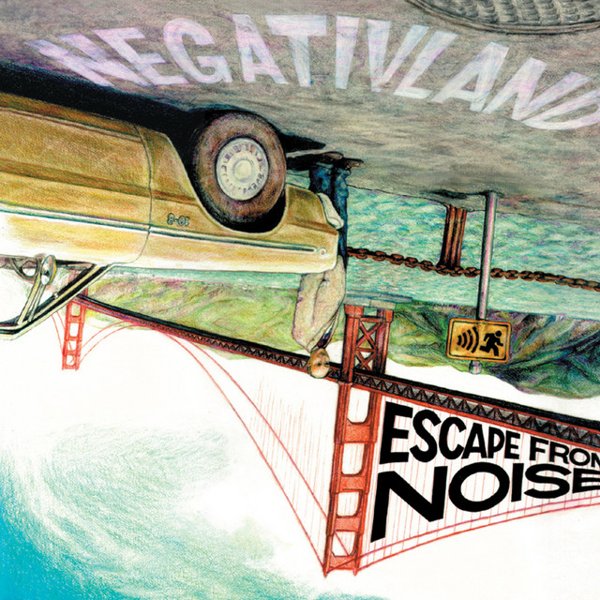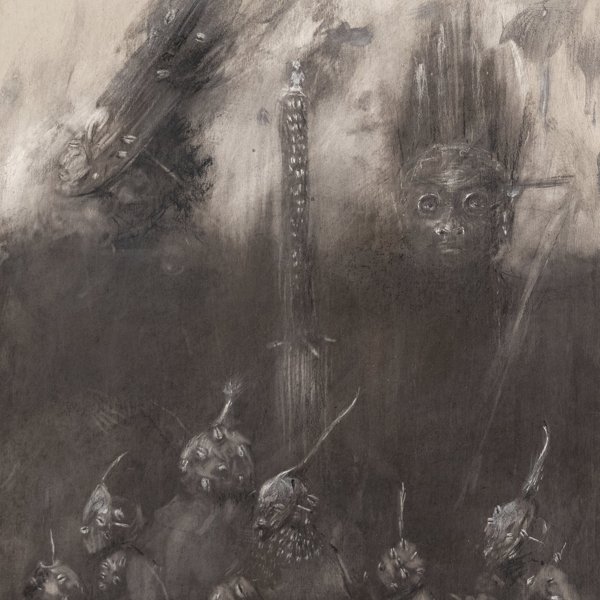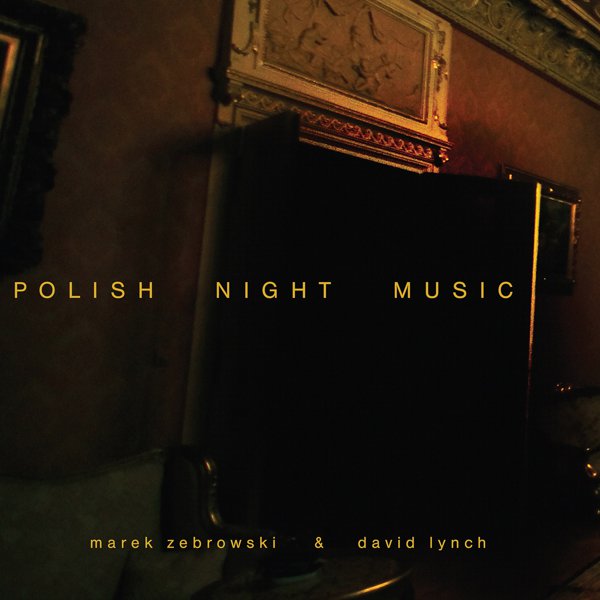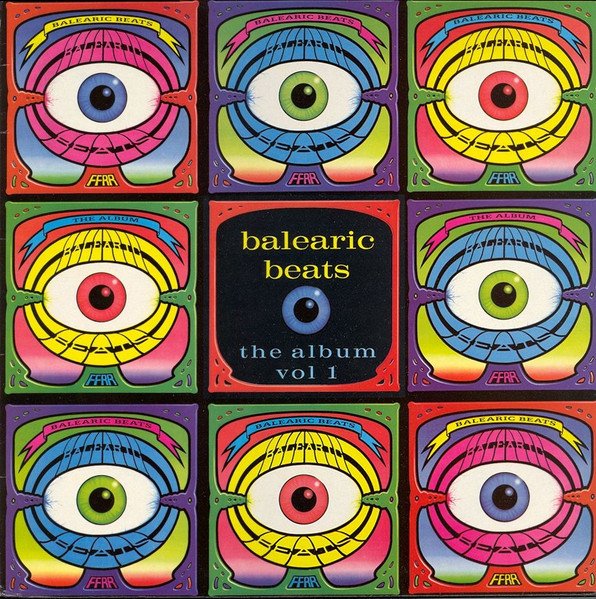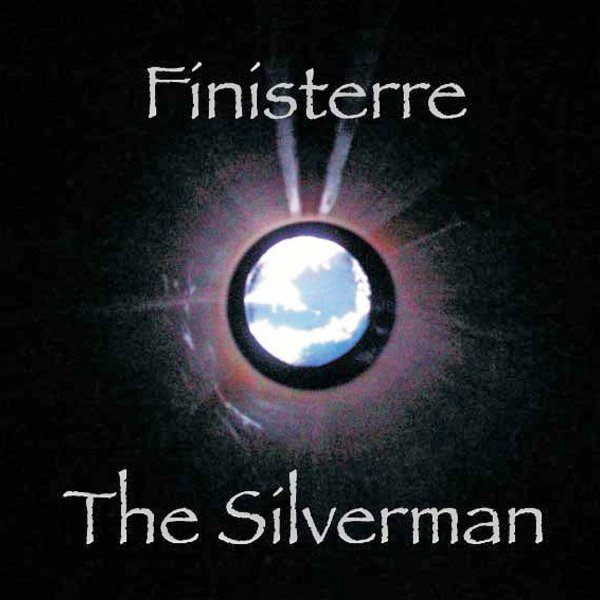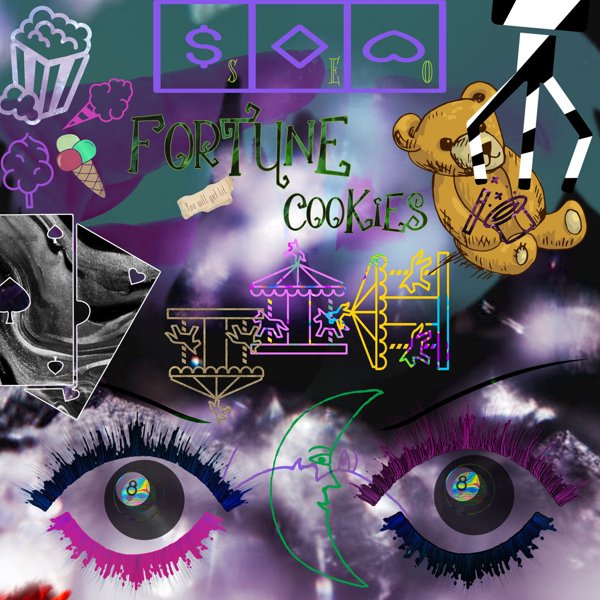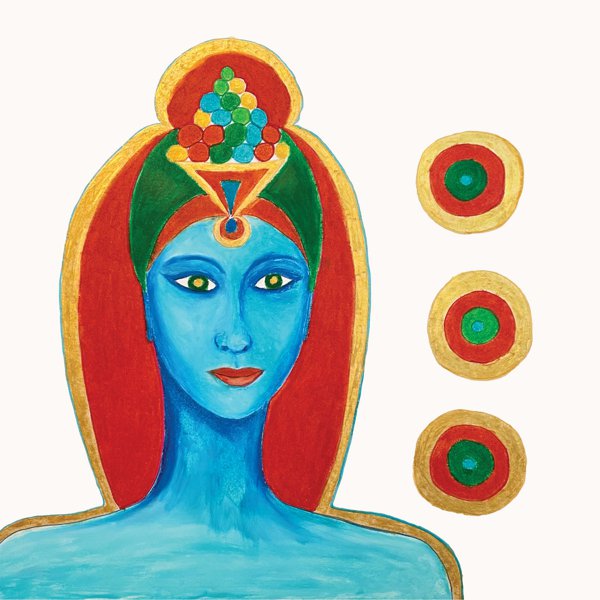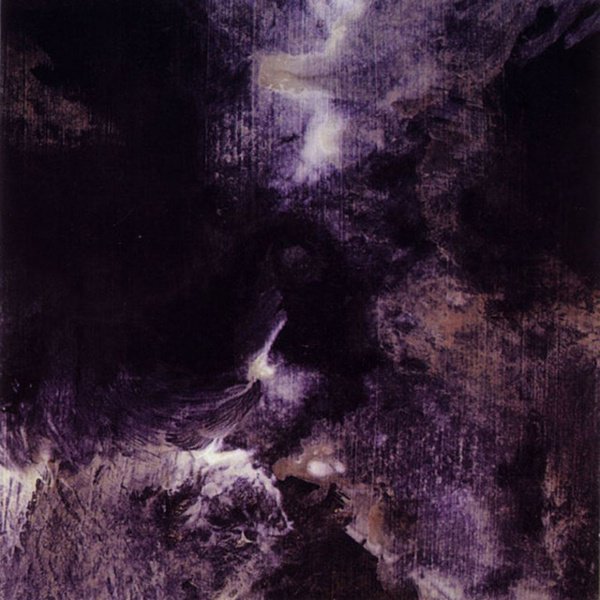Love's Secret Domain
When after various archival, soundtrack and shorter releases Coil put out a full followup to 1986’s Horse Rotorvator, they did so with a leap forward even from that already fascinating album. 1991’s Love’s Secret Domain took all the elements the continuing trio of John Balance, Peter Christopherson and Stephen Thrower had already established in that stretch of time, from occult invocations to disruptive rhythms to wry humor, and created swirling, playful, creepy and (particularly in its use of sampling) early 90s dance-friendly but rarely conventional dance songs as such. Its two singles, “The Snow” and “Windowpane,” are the most dancefloor-ready but still far from typical sonically. With Balance occasionally singing and guest vocals by Annie Anxiety – a brilliant lead turn on “Things Happen” – and Marc Almond, plus Billy McGee’s orchestration on “Chaostrophy,” Love’s Secret Domain opens with the disorienting “Disco Hospital” and doesn’t let up, feeling less like a rave and more like wandering through a series of rave-tinged atmospheric moments, from unsettling ambient of sorts to full on groove assaults.
In 1991, between Coil’s early 80s phase, where they were very much sonically in line with their industrial music contemporaries, and their later ever-further-out explorations where they often evaded form altogether, came this utter delirium. It is inspired by acid house — and it has more real groove to it than a lot of people coming over from the industrial side were managing at the time — but absolutely fried on LSD (hence the title). Eight years after, John Balance told me “we were taking a lot of hallucinogens, and surrounded by new equipment, samplers, synths, all kinds of things. Everything we did had to be processed and folded in, every recognisable sound would be collapsed in on itself or concealed, the work was becoming incredibly obsessive. There’s one track — ‘Further Back And Faster,’ I think — where we were trying to permutate a poem from this Charles Laughton film and we ended up full-on fist fighting in the studio.” All of this is completely audible. By modern standards the technology is primitive, yet the micro edits are the kind of thing that wouldn’t become common currency until a full decade after this album — and the overall effect is deeply mind-warping no matter how soberly you approach it. Annie Anxiety and Marc Almond add trans dimensional sleaze on vocals, and the whole thing is a Burroughsian interzone of weird entities partying like hell, which you enter at your own psychic peril.

